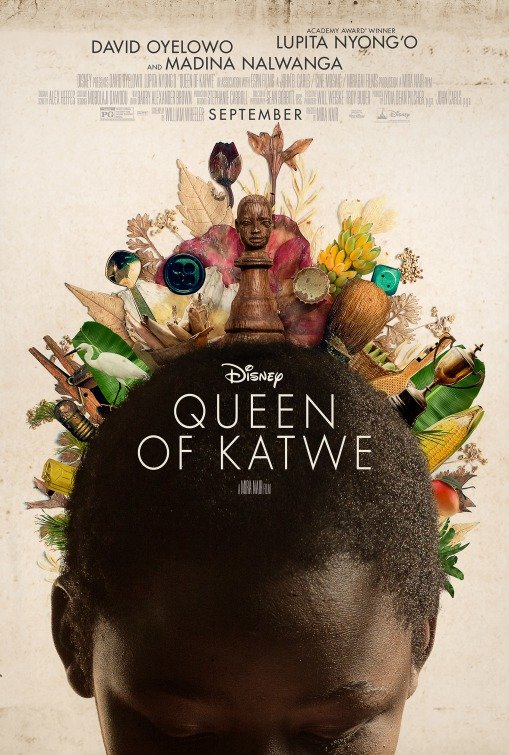Chuck Norris: True Leaders Inspire Others’ Success – and Humility
By Chuck Norris, Contributing Writer
The world is inundated with political pundits and social media spewing vitriol and all types of negative commentary. I’ve always tried to be a cut above that by also pointing to a better way. I’ve learned my more positive approach from those I admire – those who know the way, show the way and go the way.
Case in point. I was inspired recently by two more stories of great cultural heroes, and you will be too after I share them. I learned or was reminded from them of the fact that the best leaders inspire success in others while modeling humility in themselves. They aren’t just about the money and being famous.
The first story came from Simon Sinek, the British-American author and speaker, whose TED Talk I listening to the other day. It is titled, “How Great Leaders Inspire Action.”
The Smithsonian explained, “He established the Smithsonian Astrophysical Observatory and developed a research program in astrophysics. He also established the standard U.S. time zone system to facilitate train travel, in part to support his research endeavors, and attempted to develop the first flying machine.”
TRENDING: Chilling video shows 11-year-old girl fight off armed kidnapper while waiting for school bus
I know what you’re thinking: “first flying machine”? Wasn’t that Orville and Wilbur Wright?
Not if Langley and his supporters, backed by the U.S. War Department, could stop them first. The difference with Langley and the Wright brothers was that Langley wanted the success of flight for himself. The Wright brothers wanted it to further inspire the American dream in others.
NPR reported: “At age 50, Langley had already achieved prominence through his work as astronomer, but he wanted to make a discovery on a par with Alexander Graham Bell and Thomas Edison.”
Langley wanted fame and fortune. The Wright Brothers just wanted to fly and inspire others to do the same.
Simon Sinek explained in his TED Talk:
In the early 20th century, many people were pursuing the dream of flight. And Samuel Pierpont Langley had, what we assume, to be the recipe for success. Langley was given $50,000 by the War Department to figure out this flying machine. Money was no problem. He held a seat at Harvard and worked at the Smithsonian and was extremely well-connected; he knew all the big minds of the day. He hired the best minds money could find and the market conditions were fantastic. The New York Times followed him around everywhere, and everyone was rooting for Langley. Then how come we’ve never heard of Samuel Pierpont Langley?
A few hundred miles away in Dayton, Ohio, Orville and Wilbur Wright, had none of what we consider to be the recipe for success. They had no money; they paid for their dream with the proceeds from their bicycle shop. Not a single person on the Wright brothers’ team had a college education, not even Orville or Wilbur. And The New York Times followed them around nowhere.
The difference was, Orville and Wilbur were driven by a cause, by a purpose, by a belief. They believed that if they could figure out this flying machine, it would change the course of the world. Samuel Pierpont Langley was different. He wanted to be rich, and he wanted to be famous. He was in pursuit of the result. He was in pursuit of the riches. And lo and behold, look what happened. The people who believed in the Wright brothers’ dream worked with them with blood and sweat and tears. The others just worked for the paycheck. They tell stories of how every time the Wright brothers went out, they would have to take five sets of parts, because that’s how many times they would crash before supper.And, eventually, on December 17, 1903, the Wright brothers took flight, and no one was there to even experience it. We found out about it a few days later. And further proof that Langley was motivated by the wrong thing: the day the Wright brothers took flight, he quit. He could have said, ‘That’s an amazing discovery, guys, and I will improve upon your technology,’ but he didn’t. He wasn’t first, he didn’t get rich, he didn’t get famous, so he quit.
The moral of the story is this: Invest your time, energy, talents and even treasures in something that inspires or helps others and lives on long after you’re gone. (That’s what my wife, Gena, and I try to do with our life mission at our KickStart Kids foundation.)
My second story comes from Adm. William H. McRaven, a former head of U.S. Special Operations Command, who spent 37 years as a Navy SEAL and worked at every level in special operations starting as a SEAL platoon commander. As head of Joint Special Operations Command from June 2008 to June 2011, he oversaw the successful raids against Iraq’s dictator Saddam Hussein in 2003 and al-Qaida leader Osama bin Laden in May 2011.
In his awesome new book, titled, “The Hero Code: Lessons Learned from Lives Well Lived,” Adm. McRaven gives the blueprint for finding the hero in each of us by sharing about the qualities that make up the character of most great leaders. He doesn’t do it by simply retelling heroic deeds as we typically understand and categorize them. He does it by retelling the stories of real men and women who demonstrated character qualities like compassion, humility and forgiveness even in the midst of fire and tragedy. It is these “noble virtues” as he calls them that we can all find and learn in ourselves (Stars & Stripes recently did a great piece on McRaven and his book.)
One rather simple and unexpected but powerful story that demonstrated “the hero code” came through a dinner the admiral attended in Dallas just before another speaking engagement.
At dinner, he sat down at a crowded table. He struck up a great conversation with a gentleman who just introduced himself as Charlie. They ended up dialoguing for what the admiral described as a “very engaging” 90 minutes. Charlie explained that he had spent time in the Air Force, which gave them common ground to converse a little about their military service. But for most of the conversation, Charlie seemed only interested and asked about the admiral’s family, how he and his wife met, and his other interests in life. Charlie spoke very little about himself.
After his speaking engagement that evening, McRaven was conversing with Roger Staubuch, the legendary former quarterback for the Dallas Cowboys football team, about how well the evening ran. When Staubach asked the admiral, “And wasn’t that Charlie an amazing guy?” he replied that Charlie hardly spoke about himself, so he wasn’t sure just how amazing he was, but that he sure seemed like a wonderful guy. Staubach added, “Can you imagine that?” The admiral retorted: “Imagine what?” Staubach said: “What it would be like to walk on the moon like Charlie did.”
The admiral pointed out again and again in “The Hero Code” that humility is one of the most noble virtues that real leaders demonstrate. Charlie did that in spades, and so can each of us. Rather than focusing and boasting about our accomplishments around others, we should be more interested in what others do and have done with their lives. It’s one more proof that the greatest power is that which is harnessed.
Astronaut Charlie Duke, Adm. William McRaven, the Wright Brothers and so many just like them demonstrate and remind us once again of this truth: Not all heroes wear capes.
This article originally appeared on WND.org.
Questions or comments? Please write to us here.


 - Content:
- Content: 

